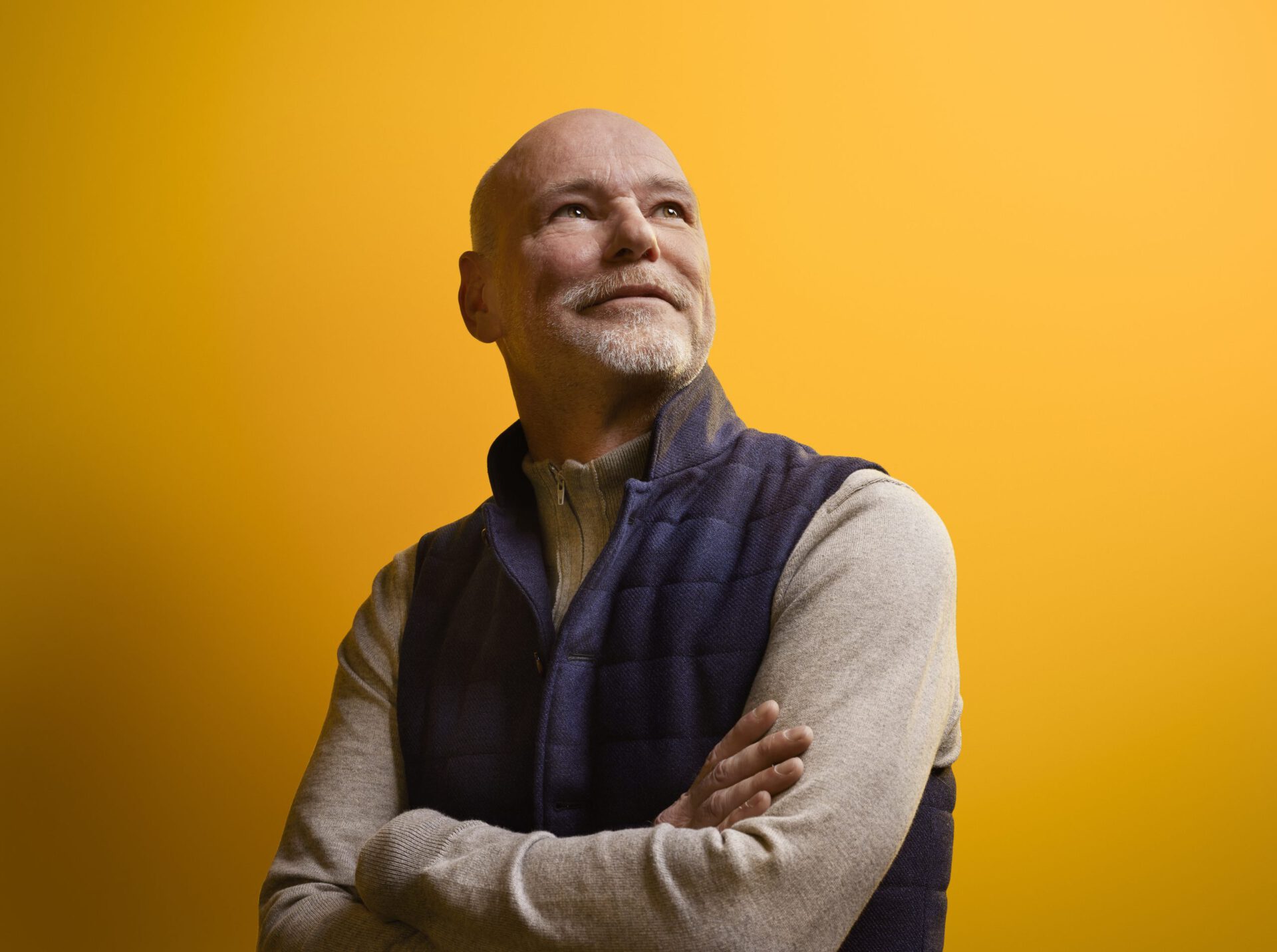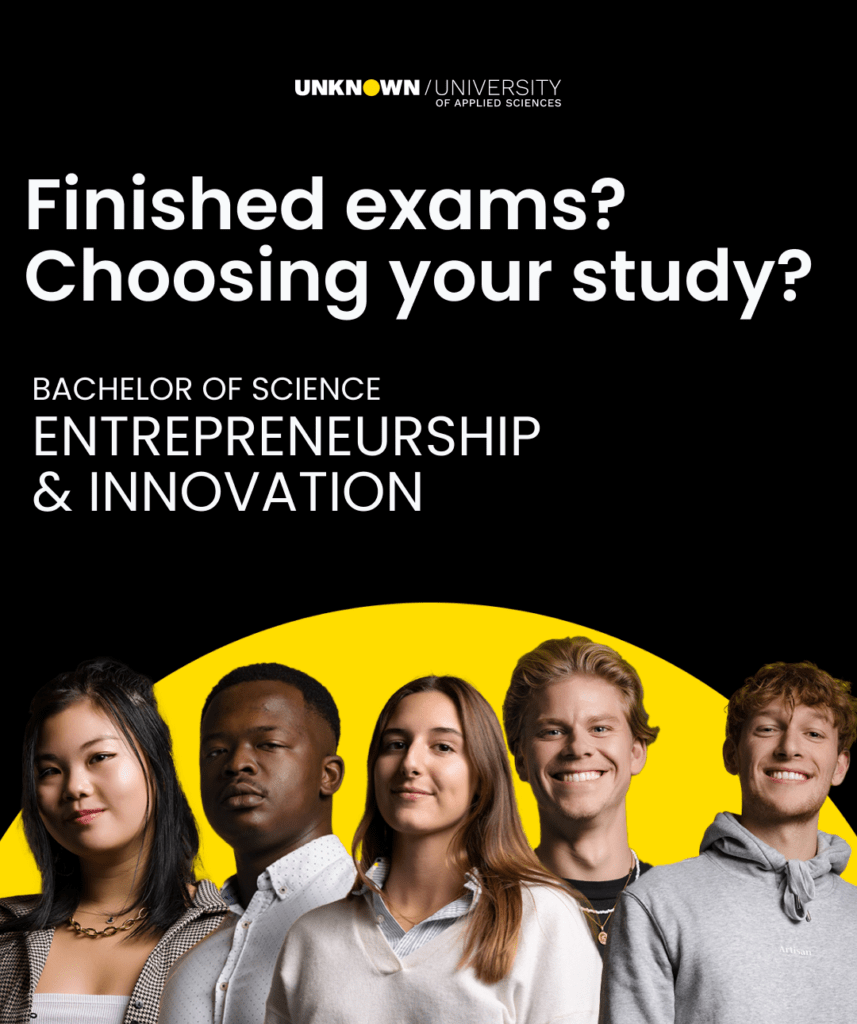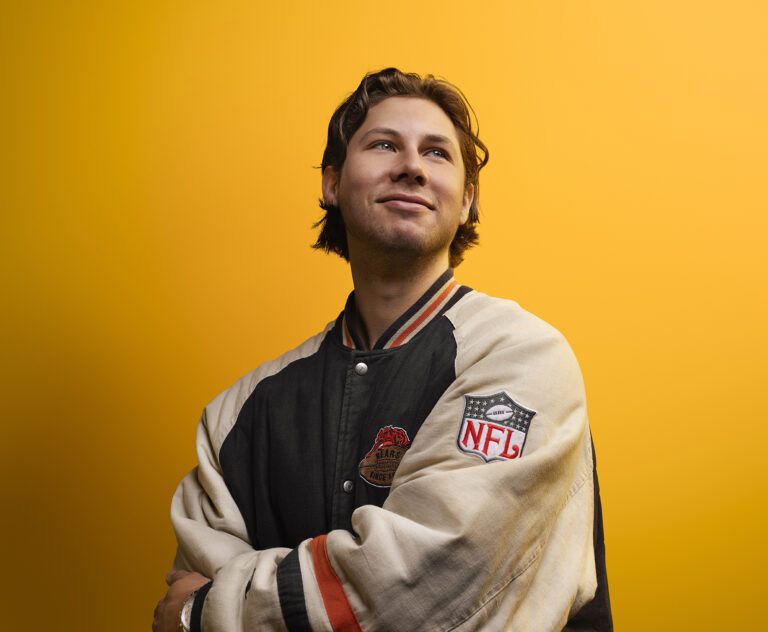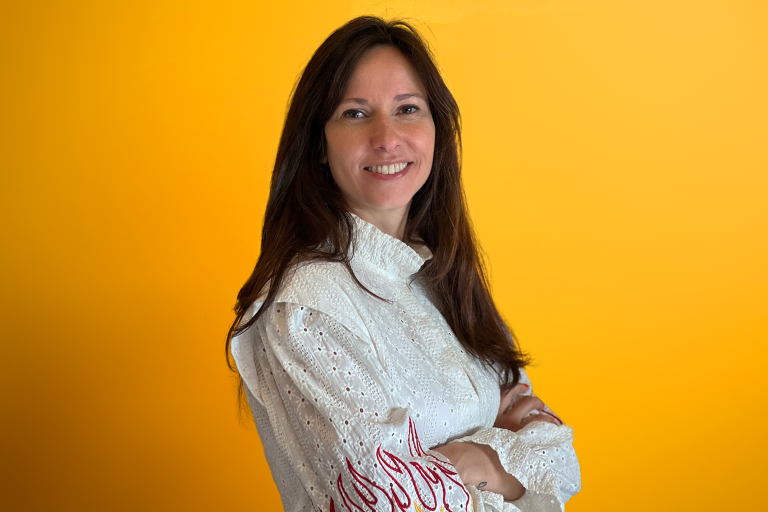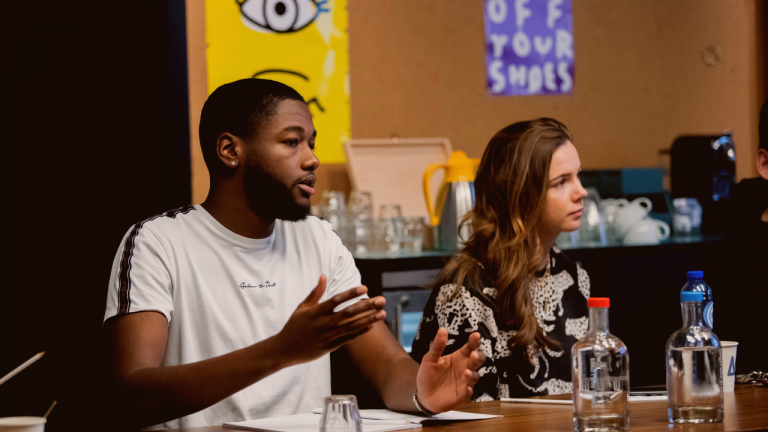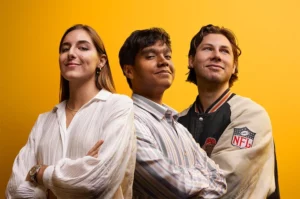Can you tell us a bit about your background?
I worked in the largest corporate companies in the Netherlands, and I was in retail for several years. I spent eight and a half years building planes. And after that I was also working in the environment by researching the water and ground to see if there was pollution. For a few years, I was a sports instructor who taught children and adults. I then become a sabeom (the Korean term instructor) and also started to train other trainers, that’s when I learned to become more of like a coach. After that, I went to KPN where I was a retail manager. There, I lobbied for an educational program so that we could train our salesmen and managers. And after two and a half years of trying, I finally found somebody in the company who was willing to help me. In the five years that I taught that program, I think I taught around three and a half thousand people, of all different levels. But then it eventually became an ‘academy,’ and that was the moment I knew I needed to go. I’m very committed of course, but I have a love/hate relationship with structure. I think I need structure, but don’t force me into the structure. And so I went to another part of the company and started guiding management teams who were responsible for two, three and a half thousand people. I developed coaching skills, as I was working with a lot of people, and then I started my own business. I think in the three years before that, I had given around 320 workshops about personal leadership, never with groups bigger than five people. The workshops were always very personal as we would dive deeply into an individuals past/background, a little bit like how I do with the students in the Highly Effective Entrepreneurship module here at Unknown University of Applied Sciences.
How did you end up at Unknown University?
I met Timo Timmerman, our CEO, during an Adesh in Belgium. We were both there because Timo was an advisor for a movement called Life College, wherein people were creating an education for spiritual things, like chakras. I was following some modules there and we ended up in the same group. So we had a nice experience, we saw each other’s different moments in life and emotions. Then maybe a year or so later I received a call from Thomas Blekman, our Dean. He had heard from Timo that I was teaching martial arts and gave workshops, wherein people would learn something from a mental basis to get acquainted with their boundaries. Thomas asked me to give a workshop and I did, and received great feedback. And then from that moment, I just already felt connected with Thomas and Timo. Eventually, they were talking about a school so I voluntarily came once every two weeks to talk to the students. After a half year or something like that, I was asked to come in for two days. And now I’m here four days a week as a Learning Coach.
What’s your experience like working with students as a Learning Coach?
I worked a lot with people who were a little bit older, like 30 and above, people who have deeper patterns. They’ve been doing things long-term and it takes a bit more to get movement in them, and their personal growth can be a challenge. But we meet people in the school who are young. They have a clear idea (or very close idea) of what they want, but also need to figure out who they are in the process of becoming an entrepreneur or becoming successful, or whatever ‘successful’ means to them. It’s nice to work with them because they are very curious, and they’re willing to absorb everything that you give them. But my goal is, and I’m always repeating this, that although I can give a lot of content, I want them to think about it themselves. I want them to create their own opinion, to talk about it and share it with other people so that they can receive confirmation or be challenged to adjust it, and to keep on doing that rest of their lives. And I think that’s one of the things that a learning coach needs to do. You’re not only the intermediary between the experts and the students, but you’re also the one who needs to motivate them, to get them moving. The students can cry with me, they can even box with me if they want; they can do everything with me in order for them to feel safe and help them to grow into what they want.
Do you have any advice for the students?
If you want to be an entrepreneur, then you must be willing to become, as I like to say, a whole person. There’s a difference between becoming a good person and a whole person because if you believe you’re a good person, who makes a decision that you are a good person? It depends on what other people say about you. So I encourage becoming a whole person. This means that you can make mistakes, you can feel pain, gladness, and satisfaction; altogether the emotions we can have makes us a whole person. And the advice is to make that journey to become a whole person. Become aware of who you are and why you act. Also, be curious and do what you really love.

